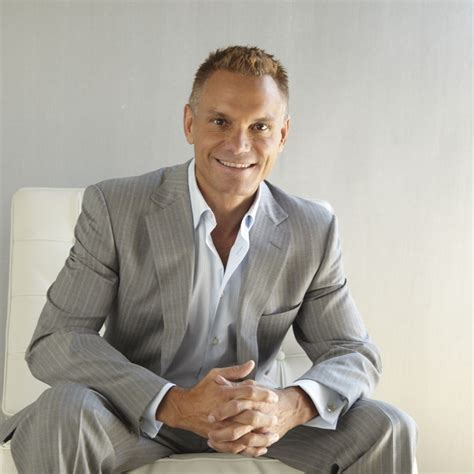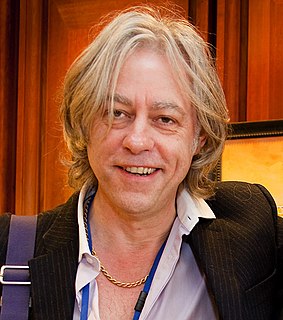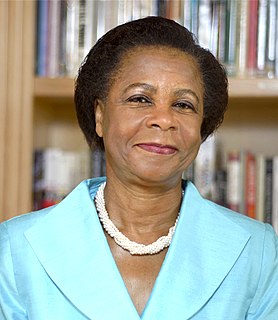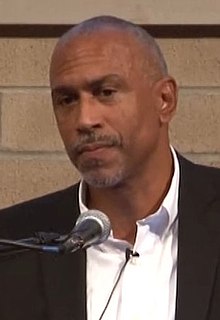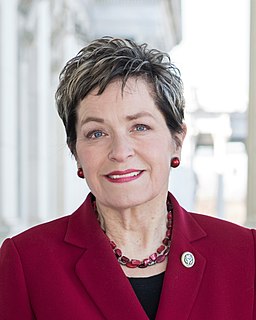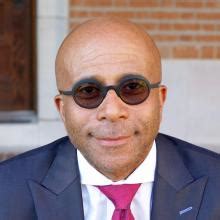A Quote by Jacqueline Novogratz
I've been working on issues of poverty for more than 20 years, and so it's ironic that the problem that and question that I most grapple with is how you actually define poverty. What does it mean?
Related Quotes
Many people theorize poverty, but so many elements of poverty, individually, for most people who theorize about poverty would be really difficult to even comprehend the individual things. Just take homelessness. If you are homeless, what does it mean not to have a post box where people can contact you; what does it mean not knowing where you're going to sleep at the end of the day; what does it mean not having a place where you can store what little you might possess. So dealing with homelessness in itself is a huge thing for most people who are commentators [on] or benefactors to poverty.
We're looking at the singular condition of poverty. All the other individual problems spring from that condition... doesn't matter if it's death, aid, trade, AIDS, famine, instability, governance, corruption or war. All of that is poverty. Our problem is that everybody tries to heal each of the individual aspects of poverty, not poverty itself.
You [Jill Stein] also believe in a full employment policy that was the majority Democratic Party policy in 1946. They actually passed a law to that effect. You want to end poverty and when people see how relatively easy it is to end poverty. And one way is to increase the minimum wage: catch up; it's been frozen for so many years.
Today there are a huge number of think tanks working on poverty-related issues; there are books written on the topic; and university centers being created to study poverty. But, at the same time, the media has a terribly hard time with this issue; it's very hard to convince editors and publishers to devote resources to complex investigations of the lives of America's poor. And, as a result, too often poverty is portrayed in stereotypes, in sound bites, in a few pat images rather than in its full Technicolor complexity and diversity.
The origins of these [schooling] federal policies were tied to President Johnson's war on poverty. Supplemental funds were sent to school districts serving poor children to compensate for issues related to poverty. Since the enactment of NCLB, the focus on mitigating poverty has been replaced by a focus on accountability as measured by test scores.
What I did not know yet about hunger, but would find out over the next twenty-one years, was that brilliant theorists of economics do not find it worthwhile to spend time discussing issues of poverty and hunger. They believe that these will be resolved when general economic prosperity increases. These economists spend all their talents detailing the process of development and prosperity, but rarely reflect on the origin and development of poverty and hunger. A a result, poverty continues.



